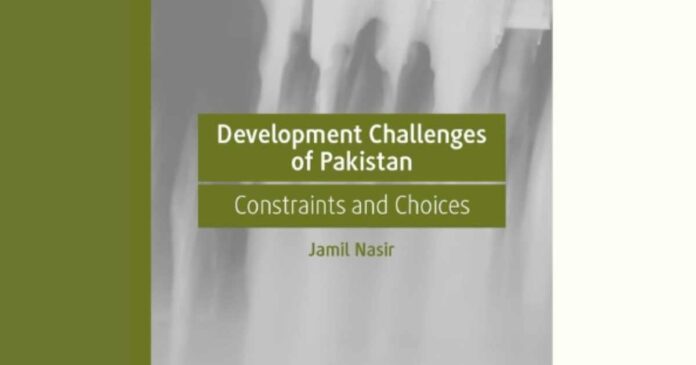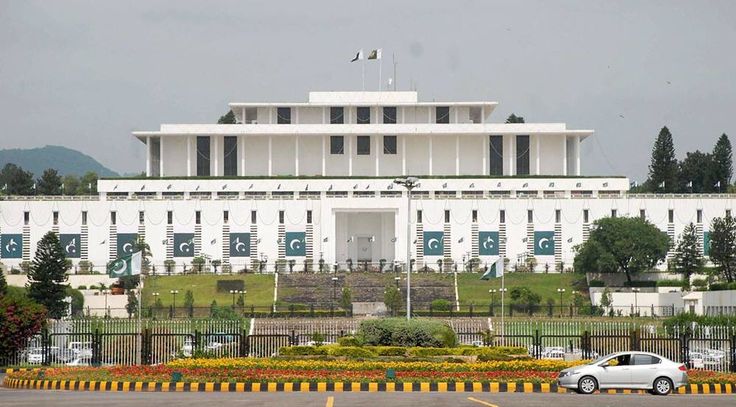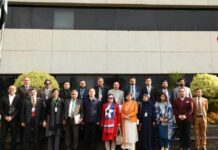
Jamil Nasir’s Development Challenges of Pakistan: Constraints and Choices, published by Palgrave Macmillan, provides an incisive exploration of the deep-rooted economic challenges facing Pakistan. The book comprises 15 chapters and includes three case studies, each dissecting specific issues such as inequitable resource distribution, inefficient governance, inadequate human resource development, and the neglect of rural and agricultural sectors. Nasir emphasizes that while economic growth is essential, it must be both equitable and inclusive to be truly sustainable.
Nasir’s analysis extends to structural deficiencies in education, healthcare, and poverty alleviation, highlighting their interconnected impact on economic and social disparities. He underscores the necessity of inclusive policies, social cohesion, and institutional reforms to foster long-term growth. The book also scrutinizes judicial inefficiencies, corruption, fiscal weaknesses, and the effects of militancy, offering policy recommendations and case studies to underscore the importance of strategic reforms tailored to Pakistan’s unique context.

Among the actionable policy measures proposed, Nasir suggests implementing midday school meals to boost enrollment and reduce dropout rates, promoting generic medicines to make healthcare more affordable, and redistributing state-owned land to stimulate equitable economic growth. He also advocates for supporting small farmer organizations and strengthening the rural non-farm economy to uplift rural areas, thereby fostering growth and improving income levels in these regions.
While Nasir’s focus on inclusivity and social justice is commendable, the analysis omits critical historical factors that have significantly impacted Pakistan’s development trajectory. This book is an essential resource for policy makers, academics, researchers, and students of public policy and development economics. Nasir meticulously examines structural economic inequalities, governance flaws, and policy inefficiencies, making this a valuable reference for in-depth research and discourse on Pakistan’s development trajectory.
Instagram, Facebook & LinkedIn
Jamil Nasir’s Development Challenges of Pakistan: Constraints and Choices, published by Palgrave Macmillan, critically examines Pakistan’s persistent economic challenges, including inequitable resource distribution, governance failures, and the neglect of human capital and rural sectors. Through 15 chapters and three case studies, Nasir highlights how deficiencies in education, healthcare, and poverty alleviation are deeply linked to judicial inefficiencies, corruption, and fiscal mismanagement. He proposes midday school meals to reduce dropout rates, affordable generic medicines, and land redistribution as key measures for equitable growth, alongside support for small farmers and rural economies to enhance income stability.
The book highlights historical factors influencing Pakistan’s economic trajectory and remains an essential read for policymakers, academics, and researchers, providing valuable insights into structural inequalities, governance issues, and policy reforms needed for sustainable development.






































